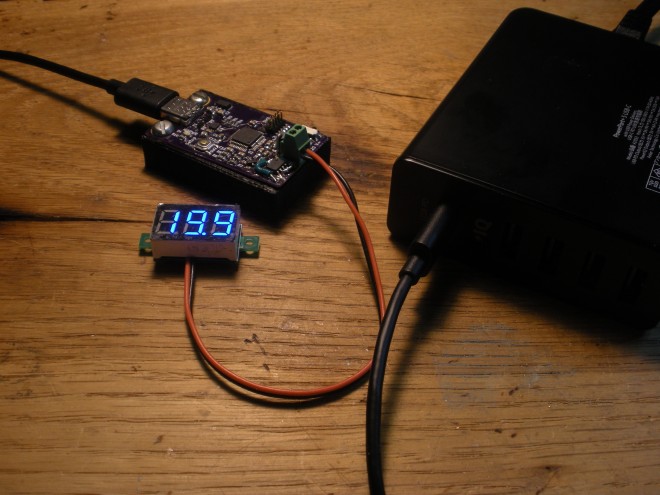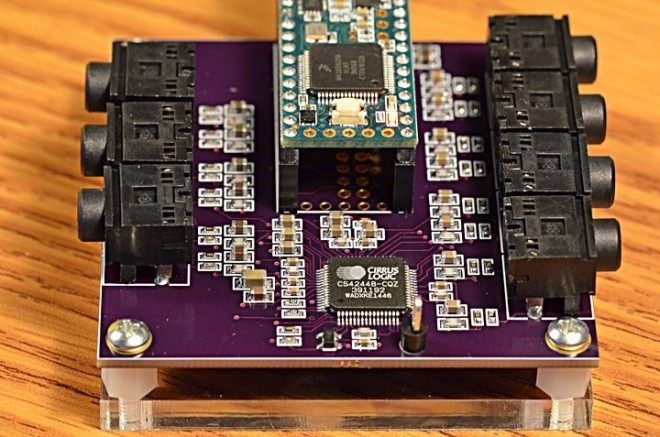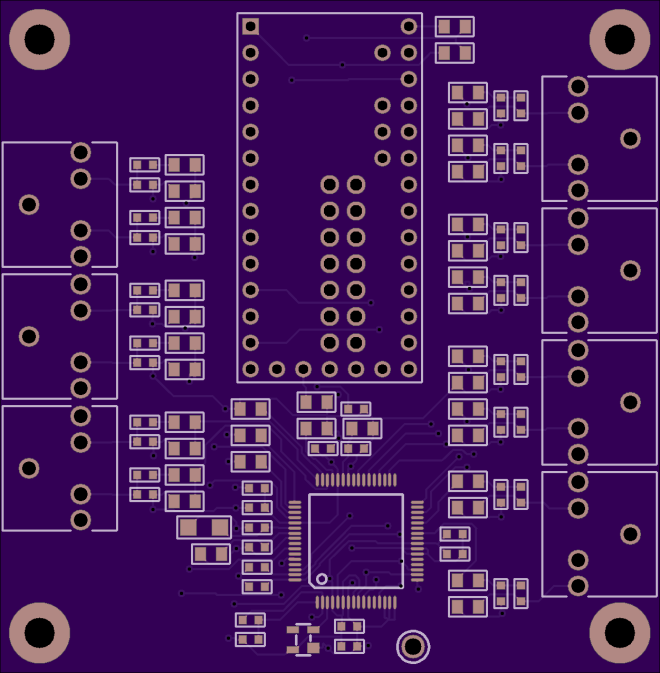From Nick Sayer on Hackaday.io:
Orthrus: SD card secure RAID USB storage
This allows you to securely transport a data set by writing it onto a pair of cards and separately transporting them to a destination for recombination.
The intent is that only the pairing of two cards becomes in any way special. A card pair could be inserted in any Orthrus device and the data would be made available. But with only one card, all you get is half of the data encrypted with a key which you only half-possess.
The firmware source code is available on GitHub:
 nsayer/Orthrus
nsayer/Orthrus

The assembled board is available on Tindie:

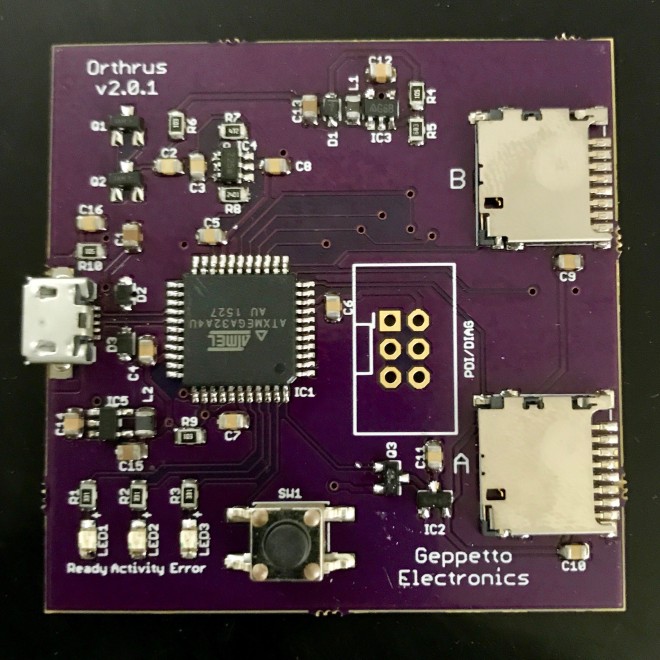



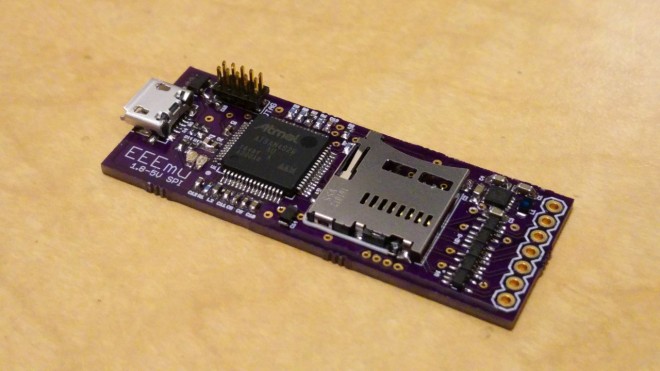
 EEEmu/Supported-Devices
EEEmu/Supported-Devices




